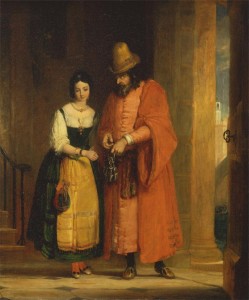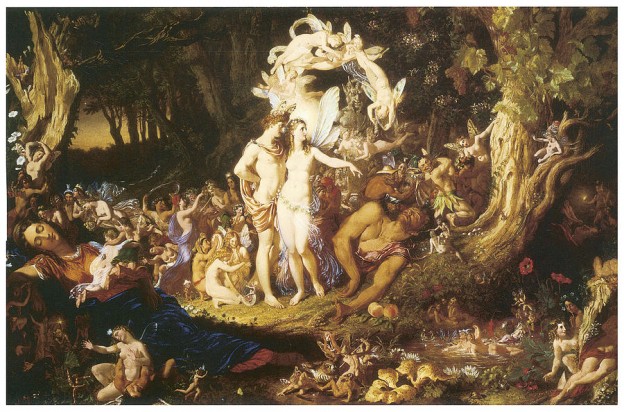The Rothschild family has been recently highlighted in the media due to the very recent nuptials of young James Rothschild to Nicky Hilton, “hotel heiress” daughter to the famous Hilton family, and sister to the infamous reality star and socialite Paris Hilton. The two were married this past weekend on July 10th. Although Hilton is likely a more familiar name to many Americans (or at least associated with more notoriety), the Rothschild family has a history much longer and a fortune much grander than the Hiltons’.
In fact, the Rothschild family is one of the oldest and largest banking families in the world. They also happen to be Jewish. Continue reading





